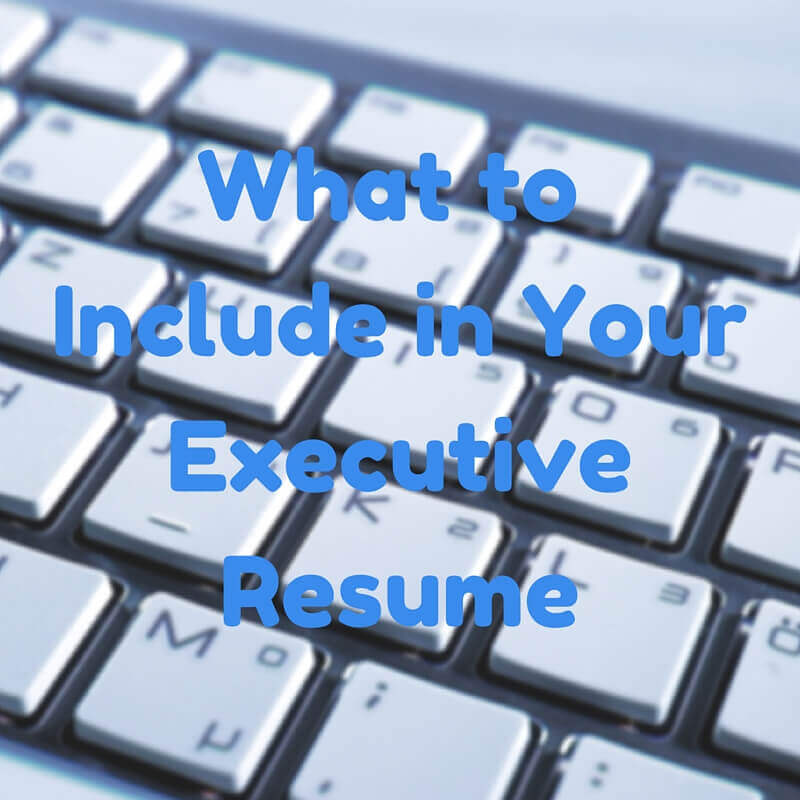
If you’re an executive or are looking to make the jump up to executive level, it’s important to ensure your resume speaks of your successes and achievements that align you with these positions.
Your executive resume should tell who you are and what you’ve accomplished. Recruiters have hundreds of resumes pass across their desks a week, and it’s important to make sure yours is specific to you. Your resume should tell your story and leave a recruiter with a better idea of who you are, how you approach and resolve organizational level issues and challenges as well as how your leadership can benefit their company.
There are certain things that recruiters, board members, and top-level executives look for while reviewing resumes, and we can help you stand out from the crowd by ensuring you cover all of the necessary bases.
Executive Summary
A strong executive summary is essential when creating an effective executive resume. The executive summary is how you capture your future employer’s attention and convey who you are. Be sure to include information that is relevant to the specific job for which you are applying.
Using the job description to draw specific details is a good place to start, as it shows that you’ve taken the time to customize your resume for this specific position. If you know this company is looking for someone with strong negotiation skills and experience, be sure to include that in your executive summary to showcase you are qualified for the job. These could include past successful negotiations with high profile businesses or clients as well as the general value of the negotiation. This gives an immediate visual statement to the reader. You’ll be able to showcase all of your skills later on in your resume, but the executive summary is where you want to highlight those that are most likely to capture attention and show that you are someone to be considered for a high-level position.
Professional Experience
In your executive summary, show the hiring manager how your unique experiences can help them with their specific needs.
Include relevant career experience to demonstrate how you will draw on your past experiences in your new position. Be sure to target your experiences to the capabilities, leadership over diverse groups and skills needed for the job.
Your executive resume should be consistent, with a clear and strong message throughout. It is important to add context to help the reader understand what you did and why it had such an impact. When talking about your experiences, be sure to include all relevant details to help the recruiter fully understand your background and skills.
Career Highlights
When writing your career highlights, focus on achievements rather than job responsibilities. Achievements show what you did for your company and how you can make a difference moving forward. Showing what you have accomplished is much more effective than simply covering the responsibilities you had in your previous jobs.
Be sure to include action words and leave out weak verbs that don’t add anything to your resume. When possible, quantify achievements using $, % or #’s. It’s important to be specific and show hiring managers the value you can add to their company.
When writing your executive resume, design is also important. Make sure your resume is clean and organized, with attention to detail and a focus on the most relevant experience.
Now you should be ready to write an impressive executive resume. If you’re still unsure or need some assistance, contact Capstone Resume Services today to schedule a one-on-one resume consultation. Our experienced team will work with you to understand your specific career goals and learn about your experiences to help create a targeted executive resume that is tailored to your specific job search.

